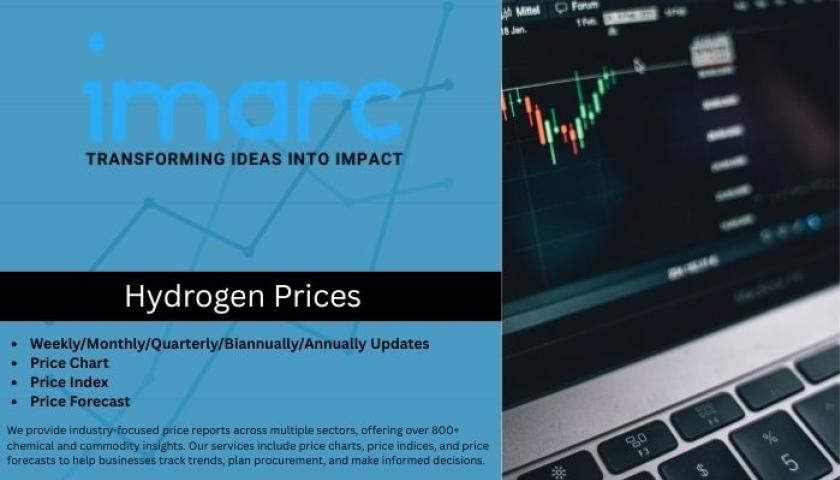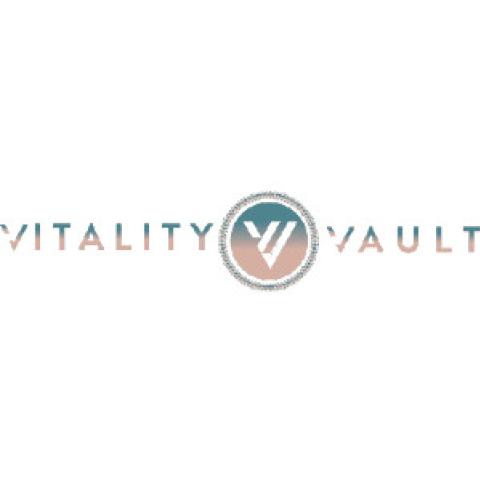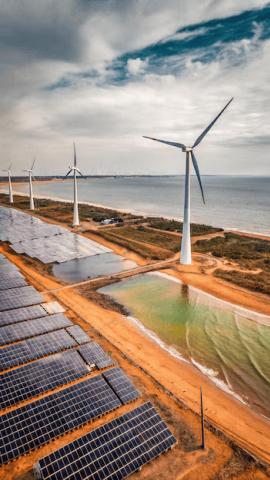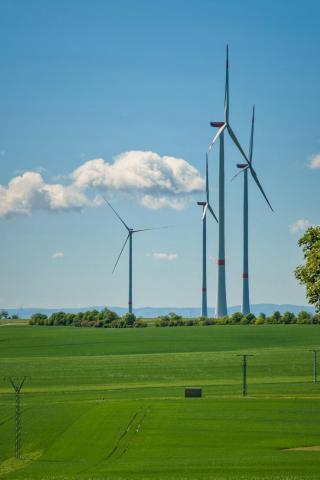Hydrogen Energy Storage Market – Europe Market Scenario
According to a latest research, The global hydrogen energy storage market is estimated to grow from USD 11.4 billion in 2023 to USD 196.8 billion by 2028; it is expected to record a CAGR of 76.8% during the forecast period.
The European hydrogen energy storage market is an emerging sector within the global market that is expected to grow significantly due to the rise in fuel cell adoption, strict regulations related to emission control, and the inclination toward cleaner fuels.
Download PDF Brochure: https://www.marketsandmarkets.com/pdfdownloadNew.asp?id=107179995
The European countries have their energy policies in various phases of development, while the EU region has set a binding target for reducing greenhouse gas (GHG) emissions by at least 40% by 2030 compared to the level in 1990. This is a rather ambitious goal as the EU sets out to fight climate change, transition to renewable energy sources, and stimulate sustainable economic growth. Implementation of such policies will demand sizeable investments in clean technologies and infrastructure towards the implementation of these emission control targets. In addition, fuel cells are expected to witness rapid adoption due to the increasing number of fuel cell projects and government initiatives that are being implemented in the residential and commercial sectors. Fuel cells, an efficient and clean energy alternative, are suitable solutions to address the energy challenges faced in the region. The Fuel Cells and Hydrogen Joint Undertaking initiative is the primary body that supports R&D in fuel cells and hydrogen technologies in Europe. Increasing demand for electric vehicles is also expected to boost the fuel cells market in this region, in turn, driving the hydrogen energy storage market. Therefore, an increase in FCEVs and HRS is expected to fuel the growth of the hydrogen energy storage market in the European region.
The growth in renewable energy sources, such as wind and solar, demands the production of efficient energy storage technology, like hydrogen, to level out the generation. Besides, Hydrogen production, storage, and fuel cell technologies are constantly improving their feasibility and economics for hydrogen energy storage systems. Besides storage, hydrogen will be used in transport, heating, and industrial applications. This positions Hydrogen high on fashion for energy plans with long-term commitments. More importantly, hydrogen storage facilities would also provide mutual sharing of surplus renewable energies between the countries and also ease inter-balancing of each other's power grids.
Make an Inquiry: https://www.marketsandmarkets.com/Enquiry_Before_BuyingNew.asp?id=107179995
With several promising projects at hand and different R&D studies, hydrogen energy storage has begun to present much promise in the European region. For example, ENGIE is one of the leaders in the low-carbon energy and services markets. It has led to the transition towards clean and sustainable energy solutions. The central element of this strategy has emerged as hydrogen energy storage. In January 2021, ENGIE and TotalEnergies, an energy company and petroleum company, signed a cooperation agreement to develop, build, and operate the Masshylia project, France's largest renewable hydrogen production site at Châteauneuf-les-Martigues in the South region. An advanced management approach will be implemented to manage the production and storage of hydrogen. Thus, future hydrogen storage projects and investments are likely to boost the hydrogen energy storage market.
There are several players headquartered in European countries that offer hydrogen energy storage, such as ENGIE, Storelectric LTD, Mahytec, HPS Home Power Solutions AG, and HDF ENERGY, among others, for various applications such as stationary power and transportation. To establish a strong product portfolio for hydrogen energy storage, these companies adopt strategic developments such as collaboration, agreements, and contracts, among others. Mahytec specializes in designing and manufacturing hydrogen storage systems. The company offers compressed to solid hydrogen storage solutions through hydrides. Its solutions are used in stationary applications and projects with transport or on-board systems. It provides comprehensive solutions that fully comply with international standards. Mahytec has a strong R&D potential that helps it provide innovative solutions to its customers. Similarly, HPS Home Power Solutions AG is also one of the prominent European companies that specializes in providing hydrogen fuel cell solutions. The company offers HPS Picea, which provides electricity storage, heating support, and ventilation in living spaces. Its products are used in commercial and residential buildings. In October 2021, in June 2021, the company entered a sales partnership agreement with Energieinsel GmbH. Under this agreement, Energiensel GmbH includes HPS products in its product portfolio. It has a regional footprint in Europe. Such strategic partnerships will boost the hydrogen energy storage market in the Europe.
Ask Sample Pages of the Report: https://www.marketsandmarkets.com/requestsampleNew.asp?id=107179995
The expansion of hydrogen energy storage in the European market is being driven further due to its efficient, decentralized method of energy storage, raising the security of energy through energy independence from fossil fuels to enable local energy production, and the European Union also provides financial support along with regulatory frameworks and further research funding for the application and development of hydrogen energy storage technologies. Besides, public awareness of the environmental benefits of hydrogen energy storage and its potential in combating climate change is enhancing acceptance and demand across Europe. These are the potential drivers responsible for fostering the hydrogen energy storage market in Europe.












